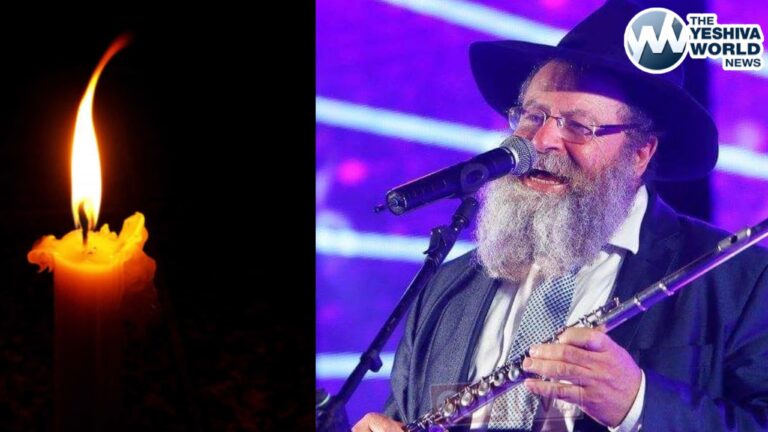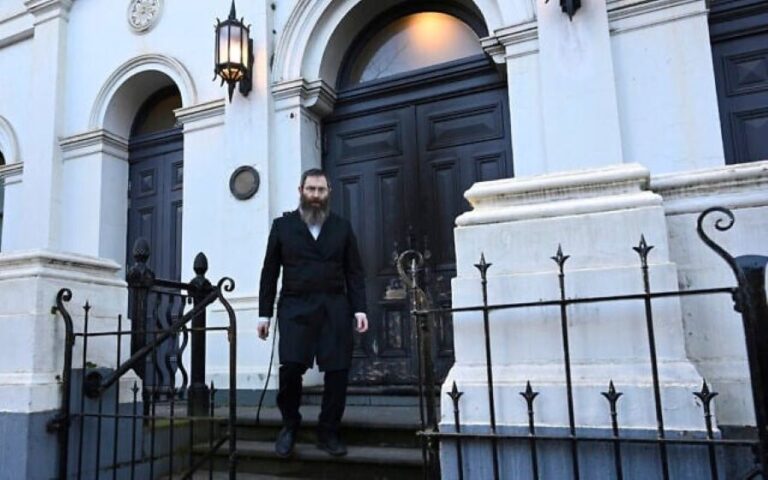 Rather than acting for the citizens of Gaza, Hamas has been strangling dissent and enforcing its particular extremist vision of society ever since taking power in a bloody coup d’état in 2006. At home and around the world, the terrorist group now in control of Gaza holds a Taliban-like grip over its citizens.
Rather than acting for the citizens of Gaza, Hamas has been strangling dissent and enforcing its particular extremist vision of society ever since taking power in a bloody coup d’état in 2006. At home and around the world, the terrorist group now in control of Gaza holds a Taliban-like grip over its citizens.
When the Hamas terrorist organization violently took control of Gaza in 2006, Hamas official Nizar Rayyan proclaimed “the end of secularism and heresy in Gaza.” Hamas quickly got to work manifesting its extremist Islamist vision of society enshrined in its to-date unchanged charter, which calls for the full implementation of Islamic law. Since then, Hamas has been accused at home and in the international arena of imposing a Taliban model of society on Gaza.
What does Talibanization really mean?
According to Professor Francesca Giovannini of the University of California Berkeley in her book The Fundamentalist City?: Religiosity and the Remaking of Urban Space (2011), the term talibanization usually “implies a number of conditions: the strict regulation of women; the prohibition of entertainment including music, movies, dance and television; the enforcement of a specific religious appearance…the aggressive enforcement of regulations of personal conduct…the oppression of Muslim minorities including Shi’a; the harboring of Islamic militia operatives…and last but not least discrimination against non-Muslims.”
Prof. Giovannini’s conditions of talibanization were not written with Hamas specifically in mind, and yet, the terrorist group in control of Gaza is guilty of almost all of these conditions listed.
Women’s rights in Gaza
Hamas’ enforcement of its extremist and myopic vision of society has particularly discriminated against women. Hamas “morality police” have punished women for riding scooters behind men, smoking cigarettes or water pipes in public, leaving their hair uncovered, dressing “inappropriately” (i.e. in Western-style or close-fitting clothing, such as jeans or T-shirts), and have forbidden women from dancing in public events. Single women accompanied by men have been stopped by policemen in civilian clothing, separated and questioned to determine whether they are married.
In the summer of 2009, a “virtue campaign” was launched that required female lawyers to wear headscarves and prevented gender mixing in public places. Recently, Al Aqsa University, a public university in Gaza, introduced an Islamic dress code for women. Female students of Al Aqsa, long considered a home of political and intellectual diversity, must now follow a strict dress code, including wearing an abaya (cloak) and hijab (veil) while on campus.
Earlier in 2013, a marathon that was meant to take place on April 10, was cancelled by the event’s sponsor and organizer UNWRA. The reason for the event’s cancellation was because of Hamas’ decision to not allow women to participate.
Men also suffer from Hamas’ will to mold society to its image. Hamas has imposed a ban on low-waisted trousers and Western-style haircuts. The decision is directed against young Palestinian men in the Gaza Strip, whom Hamas fears have been inculcated with Western values by way of television and the internet.
Christians in Gaza
Under a totalitarian Islamist government, Gaza’s Christians have been feeling the heat. Not long after the takeover, on June 19, 2007, masked gunmen looted and torched the Rosary Sisters convent and school. Following the attack, Christian citizens in Gaza expressed fear of being targeted as well. One Christian citizen said: “We are afraid of being attacked… If I get the chance to leave the country, I will not hesitate to do so. Someone from the [Hamas] Executive Force tore the crucifix from my neck, saying: ‘That is forbidden.’ Then he added: ‘Islam is the solution.’”
Another early attack on Christians was the murder of Gaza’s only Christian bookstore owner, Rami Ayyad. On October 10, 2007, he was kidnapped, shot in the head and tossed onto a Gaza street. From the time of Hamas’ rise to power, he had been receiving death threats.
More recently, Christians in Gaza, including the senior members of the church in Gaza, have complained about forced conversions in Gaza. There have also been complaints about discrimination against Christians by way of the specific Islamic agenda of Hamas, such as the new law obligating the gender segregation of schools, or the banning of the public sale of alcohol in the strip.
The arts in Gaza
The arts too, an essential element of self-expression, must pass through Hamas’ Islamist filter. Books that are deemed immoral aren’t allowed to be sold in stores and can be confiscated. Hamas angered many Palestinians in 2007 when it banned the book “Speak, Bird, Speak Again”, a collection of 45 Palestinian folk tales, from Gazan schools. The ban was later lifted. Moreover, films made in Gaza have to pass before Gaza’s Culture Ministry before they are shown publicly, and the content is shaped to conform to Hamas’ liking.
Before Mohammad Assaf, a 23-year-old Palestinian from Gaza, lifted Gazans’ spirits by winning the extremely popular TV show “Arab Idol,” Hamas nixed a similar American Idol type show. In 2011, the first episode of the Palestinian show “A New Star” was recorded in Gaza City, for which around 120 contestants showed up for auditions. However, Hamas then banned the show from Gaza. Hassan Abu Hashish, who heads the media office in the Hamas-run government, said that the program was “indecent,” and added that singing was not an interest of the majority of the Gazan community.
Violating democracy
Even though Hamas considers touts itself as democratic – it sought to rise to power through elections – it grossly violates the spirit of democracy and basic civil rights. Hamas sometimes, due to public pressure, rescinds its limits to freedom, such as the banning of public smoking for women. But soon after, it replaces the rescinded restriction with another one, leaving Gaza’s residents guessing what step the Islamist group might take next.
(YWN – Israel Desk, Jerusalem / IDF Spokesman)











2 Responses
Tamarod the revolutionary movement of Egypt that has expanded into gaza and is planning protest in november wants to break the religious and social hegemony of Hamas
But has stated their first goal is to fight Israel
This sounded almost like our modesty police until it got to the part about forbidding women to ride scooters behind men. The modesty police would forbid them to ride scooters in *front* of men.
I’m relieved.